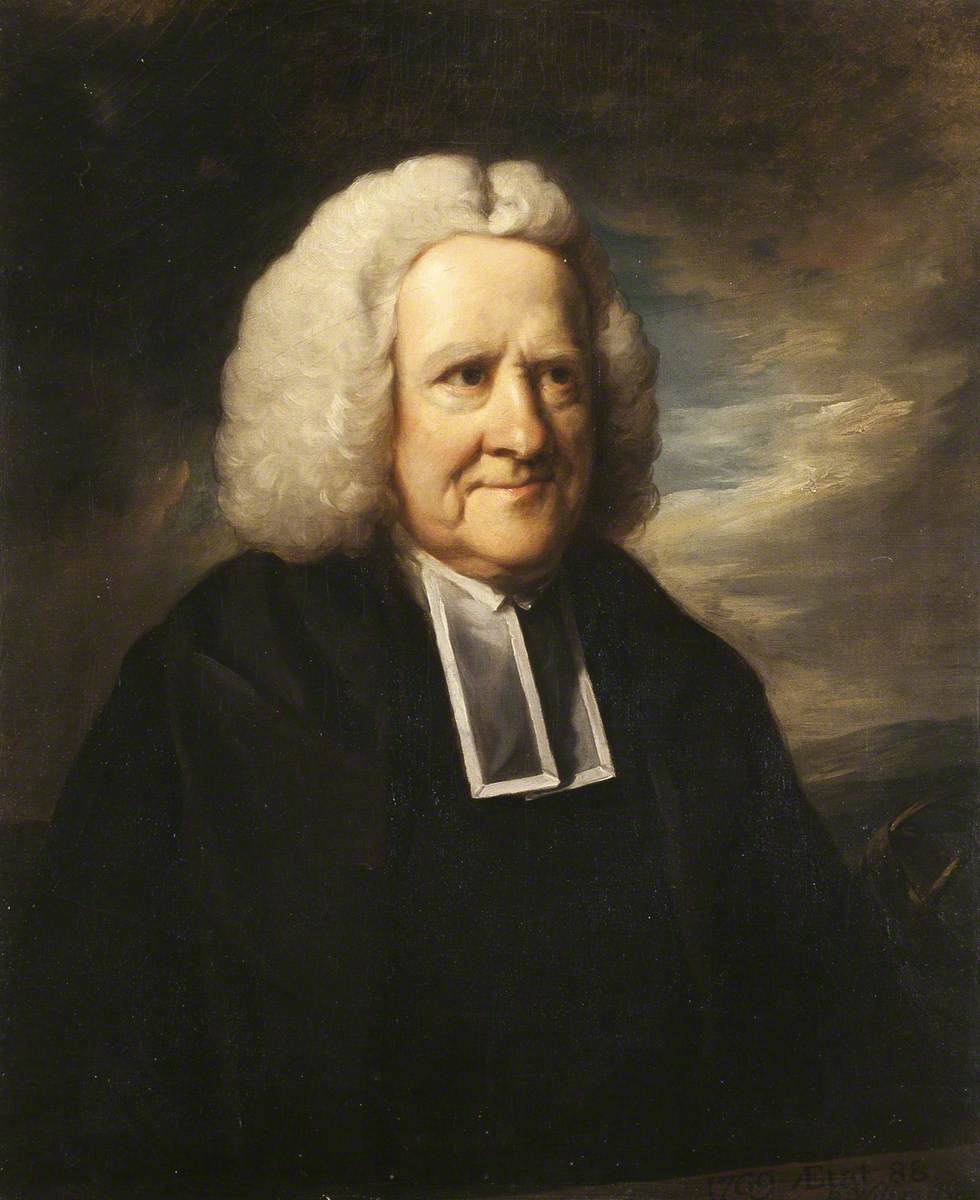Roger Long on:
[Wikipedia]
[Google]
[Amazon]
 Roger Long (1680 – 16 December 1770) was an English
Roger Long (1680 – 16 December 1770) was an English
‘Long, Roger (1680–1770)’
Oxford Dictionary of National Biography, Oxford University Press, 2004, accessed 2 October 2013 Graduating BA in 1700/1, he became a fellow of Pembroke. He was ordained in 1716, and became Rector of
 Roger Long (1680 – 16 December 1770) was an English
Roger Long (1680 – 16 December 1770) was an English astronomer
An astronomer is a scientist in the field of astronomy who focuses on a specific question or field outside the scope of Earth. Astronomers observe astronomical objects, such as stars, planets, natural satellite, moons, comets and galaxy, galax ...
, and Master of Pembroke College, Cambridge
Cambridge ( ) is a List of cities in the United Kingdom, city and non-metropolitan district in the county of Cambridgeshire, England. It is the county town of Cambridgeshire and is located on the River Cam, north of London. As of the 2021 Unit ...
between 1733 and 1770.
Roger Long was the son of Thomas Long of Croxton, Norfolk
Croxton is a village and civil parish in the Breckland district of Norfolk, England. It is located north of Thetford and south-east of Norwich.
History
Croxton's name is of mixed Anglo-Saxon and Viking origin deriving from an amalgamation of ...
. He was educated at Norwich School
Norwich School (formally King Edward VI Grammar School, Norwich) is a private selective day school in the close of Norwich Cathedral, Norwich. Among the oldest schools in the United Kingdom, it has a traceable history to 1096 as an episcop ...
and later admitted to Pembroke College, Cambridge
Pembroke College is a constituent college of the University of Cambridge, England. The college is the third-oldest college of the university and has over 700 students and fellows. It is one of the university's larger colleges, with buildings from ...
in 1696/7.Liba Taub‘Long, Roger (1680–1770)’
Oxford Dictionary of National Biography, Oxford University Press, 2004, accessed 2 October 2013 Graduating BA in 1700/1, he became a fellow of Pembroke. He was ordained in 1716, and became Rector of
Orton Waterville
Orton is a suburb of the City of Peterborough, in Cambridgeshire, England, about south west of Peterborough city centre to the south of the River Nene. It is located on the route of the A1.
It expanded from the villages of Orton Waterville ...
. He became a Doctor of Divinity in 1728, and Master of Pembroke in 1733. From 1750 until 1770 he was the first holder of the Lowndean Professorship of Astronomy.
One of the great characters of eighteenth-century Cambridge
Cambridge ( ) is a List of cities in the United Kingdom, city and non-metropolitan district in the county of Cambridgeshire, England. It is the county town of Cambridgeshire and is located on the River Cam, north of London. As of the 2021 Unit ...
, he built a "water-work" in his garden and paddled round it on a water-cycle. He also constructed a "zodiack", now considered to be the first planetarium
A planetarium (: planetariums or planetaria) is a theatre built primarily for presenting educational and entertaining shows about astronomy and the night sky, or for training in celestial navigation.
A dominant feature of most planetariums is ...
, a hollow sphere that could hold thirty people showing the movements of the planets and constellations which remained in the grounds of Pembroke until 1871.
References
{{DEFAULTSORT:Long, Roger 1680 births 1770 deaths People from Breckland District 18th-century English astronomers People educated at Norwich School Alumni of Pembroke College, Cambridge Masters of Pembroke College, Cambridge Fellows of the Royal Society Lowndean Professors of Astronomy and Geometry Vice-chancellors of the University of Cambridge